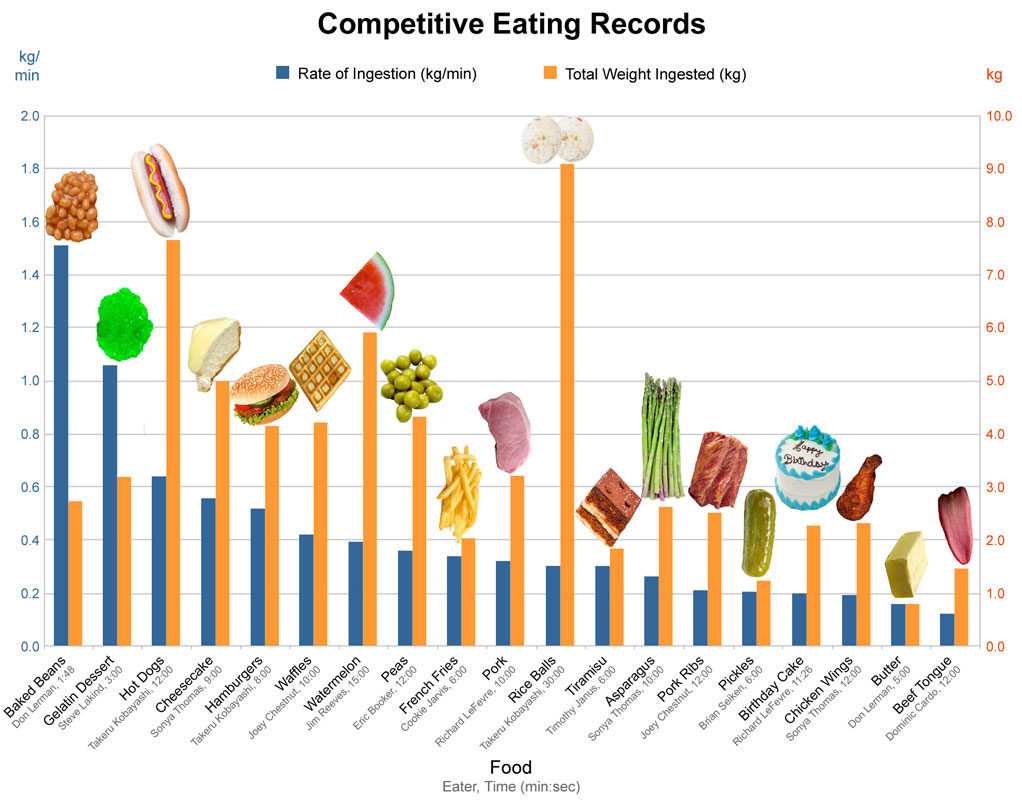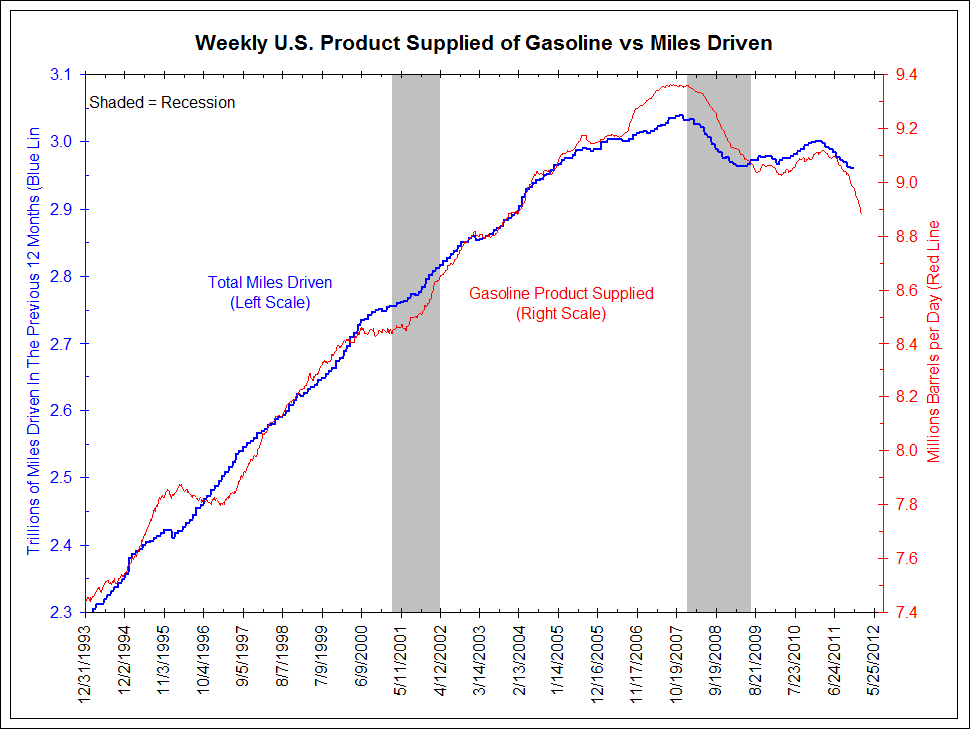Heretic_Cata
We're gonna live forever
Or they were about american politics.


Wisconsin, where everyone owns a brewery? How am I not surprised?




I guess it's not so much rich but non-poor. From what I gathered the poor vote in a remarkably similar way throughout the US, while the non-poor differ from blue to red states.

is tanking gasoline consumption a forward looking sign of economic slowdown..?

There's also a price impact you need to control for.

I was going to point out how we've been posting less graphs, but I see no trend:


I don't think so. Just look at the number of "indigenous languages". There the United States clearly trumps Germany. So this "relative linguistic homogeneity" is taking into account.It probably depends on their interpretation of language vs dialect, which for example might cause Germany's number to be much higher than you'd expect, based on its level and diversity of immigration, and its relative linguistic homogeneity compared to the USA.
Well, that is pretty much what this Graph seems to tell. That German immigrants in deed adopt German slower. And that I don't find it that hard to believe. English seems generally to be easier to adapt to for immigrants, already for its status as the global language.Unless 2nd generation immigrants adopt German a lot more slowly than 2nd gen immigrants to the UK or France adopt English or French, I'd find it hard to believe that Germany's index would be so much higher than the UK or France's.
Yeah, that's what I meant. If the German spoken in one region/state of Germany is considered a different language to the Germany spoken in another region/state, then that would cause their index to be much higher, even though they only have 27 different languages vs the USA's 188, since the number of people in each region/state is much greater than the number of people speaking the 188 indigenous languages of the USA. That all depends on how they defined language, as opposed to dialect. And given that they claim to have found 27 different indigenous languages in Germany, I'd say they are interpreting "language" rather tightly, such that the 3 main dialects are classified as different languages. If you do that, then it makes sense that two random Germans would have a ~37% chance of speaking different first languages.SiLL said:I don't think so. Just look at the number of "indigenous languages". There the United States clearly trumps Germany. So this "relative linguistic homogeneity" is taking into account.
Go Americans, vote Gingrich! We need that lunar base!USA space decadence deepens:

Go Americans, vote Gingrich! We need that lunar base!

